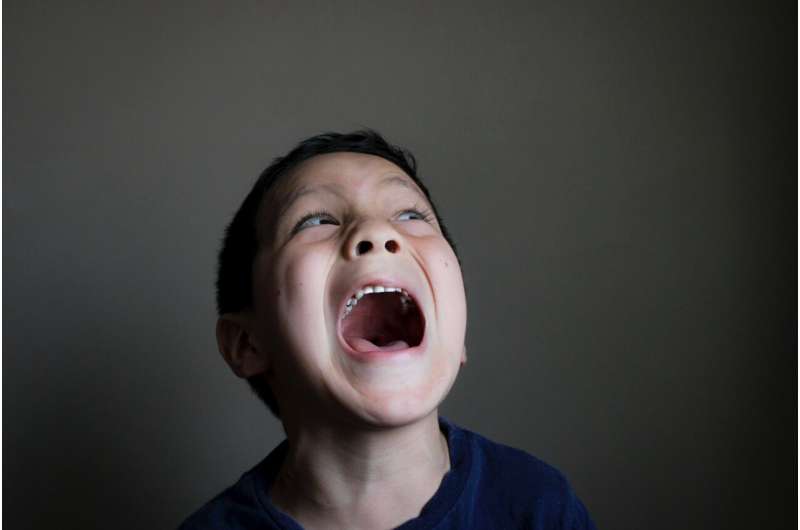Young children are able to talk in detail about their feelings and how things are at home. They are also good at reading their parents and their emotions by describing their behaviors, facial expressions and tone of voice. This has been shown in a new study by researchers from Uppsala University, published in the Journal of Child and Family Studies.
In the study, the researchers interviewed pre-school children aged 3–6 years about their experiences of family life and conflict. The interviews focus on children's emotional experiences. The study included 17 children whose parents participated in the voluntary "Triple P" parenting program through municipal pre-schools in Uppsala. The children were permitted to withdraw their participation at any time during the interviews to go to their parents who were in an adjacent room.
The results show that the children were able to describe both negative and positive aspects of their family relationships. They talked about escalating conflicts with their parents, but also about positive moments together.
"We have titled the article 'They yell and I yell back' because we think that quote captures how the children perceived that they were responding to their parent's angry tone. The children gave several examples of situations that escalated, where the parent and child got stuck in conflicts that ended with fighting and shouting; situations that the children described as difficult experiences," explains Anton Dahlberg, one of the researchers behind the study.
Several children sought comfort from their siblings or pets when things got tough at home, such as after a fight with their parents or when they got hurt.
"We found that the children looked for help from others around them when they were sad or angry. While that could be deemed positive, conflicts between parents and children often remained unresolved. But the children also described positive experiences of making up after a fight, and how the relationship could be repaired in a good way," adds Karin Fängström, co-author of the study.
The researchers are now calling for the inclusion of children's perspectives in future research on parenting and parenting support to better understand and support families. This would represent an important step towards improving parenting and family life.
"We think the results could be useful for people working with children, such as pre-school teachers and health care professionals, but also serve as a general encouragement for people to listen to children," notes Dahlberg.



Recommended Comments
There are no comments to display.
Join the conversation
You can post now and register later. If you have an account, sign in now to post with your account.
Note: Your post will require moderator approval before it will be visible.